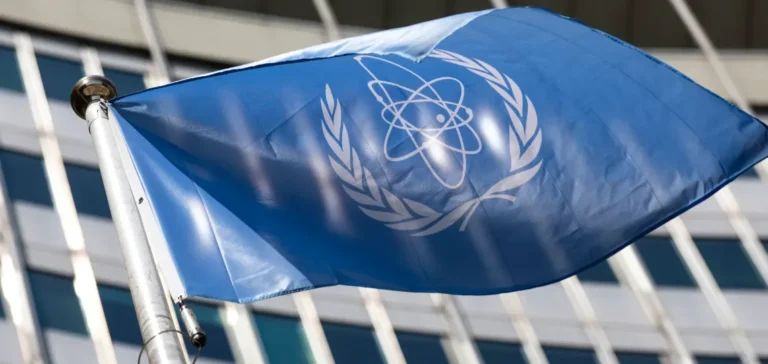Inspectors from the International Atomic Energy Agency (IAEA) have returned to Iran, one month after Tehran unilaterally ended cooperation with the United Nations agency. The resumption follows heightened tensions after Israeli strikes in June targeted Iranian nuclear facilities, prompting a military response from Iran. The suspension had been formalised in early July through legislation passed by the Iranian Parliament.
Structured resumption of technical missions
IAEA Director General Rafael Grossi stated that inspections are “about to resume,” in an interview aired on Fox News. He noted that the agency is working with Iranian authorities to define new access arrangements for nuclear sites, some of which were partially damaged during the strikes. Iran remains a signatory of the Treaty on the Non-Proliferation of Nuclear Weapons (NPT), requiring it to allow international verification.
Ongoing disagreements over the IAEA’s role
Iran has accused the IAEA of indirectly enabling the Israeli strikes by sharing sensitive data on its facilities, an allegation the agency has not publicly addressed. This accusation served as a political basis for suspending cooperation. In response, IAEA inspectors left Iranian territory and returned to the agency’s headquarters in Vienna, Austria.
A tense climate between partners and signatories
The return of the inspectors coincides with renewed discussions in Geneva between Iranian and European representatives. The European Union is still considering activating the sanctions snapback mechanism, as provided for in the 2015 international nuclear agreement, should Iran fail to comply with its obligations. Tehran has declared its intention to avoid such a scenario through active negotiations.
Diplomatic complexity and strategic implications
On June 13, Israel conducted a coordinated attack on hundreds of sites in Iran, claiming the country was nearing the capability to produce a nuclear weapon. Iran responded with missile and drone strikes against Israeli territory. Despite the intensity of the conflict, Iran continues to assert that its nuclear programme serves solely civilian purposes and defends its right to enrich uranium.
Rafael Grossi stated that oversight by the agency is an essential condition to enable a technical dialogue on Iran’s nuclear activities within a multilateral framework.






















